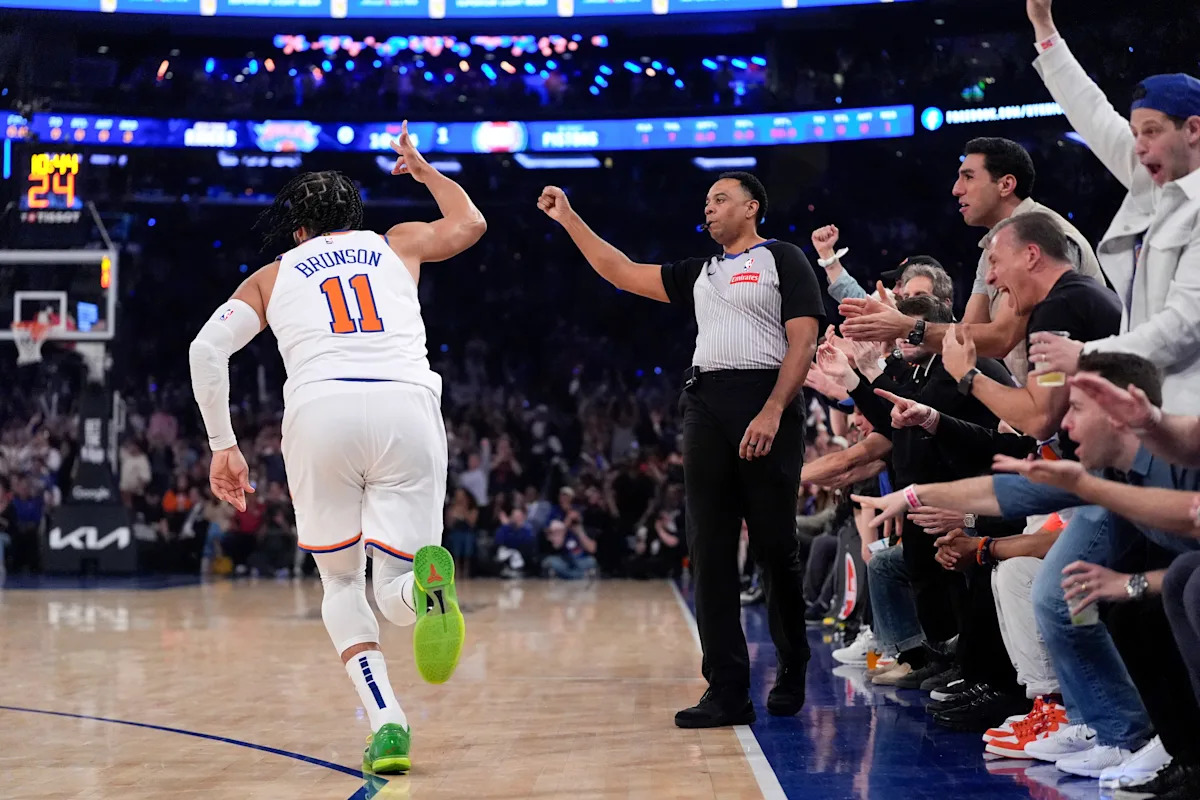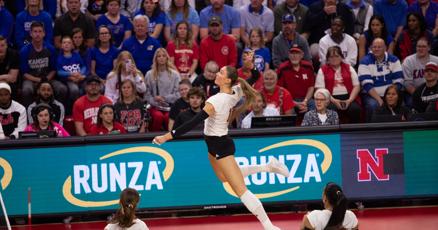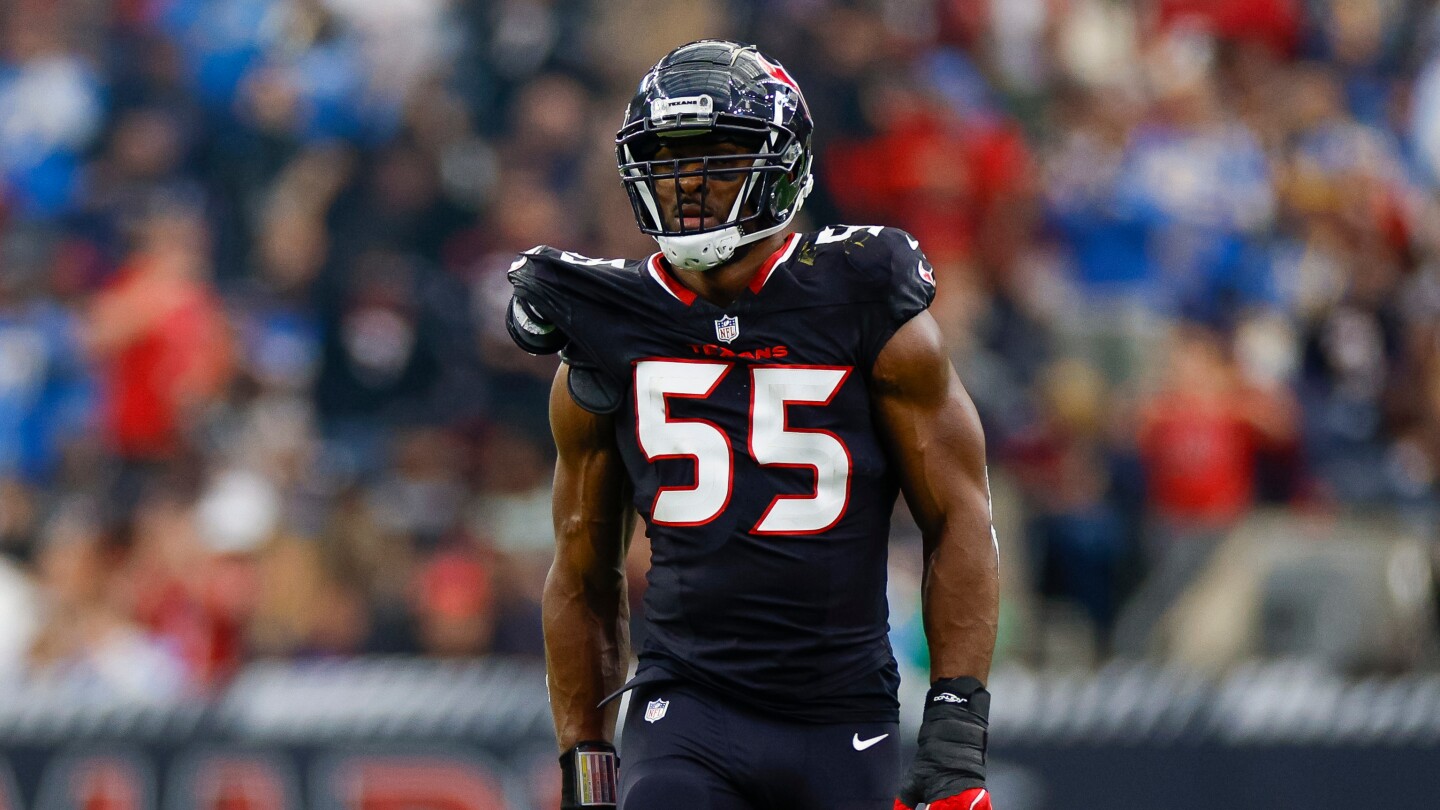Breaking Barriers: How Women Athletes Will Redefine Olympic Glory in 2028
Sports
2025-04-11 03:29:32Content

The 2028 Olympic Games in Los Angeles are set to make history, marking a groundbreaking moment for gender representation in sports. For the first time ever, more women than men will compete on the world's most prestigious athletic stage, shattering long-standing gender barriers that have persisted since the ancient Olympic Games in Greece.
This milestone represents a significant leap forward in gender equality, showcasing the incredible talent, dedication, and skill of female athletes from around the globe. The Los Angeles Olympics will not just be a sporting event, but a powerful statement about the evolving landscape of competitive athletics and the growing recognition of women's achievements in sports.
The unprecedented gender balance reflects years of progress in promoting women's participation in competitive sports and highlights the ongoing commitment to creating more inclusive and equitable athletic opportunities. As the world watches, the 2028 Olympics promises to be a transformative moment that celebrates the strength, resilience, and extraordinary capabilities of women athletes.
Breaking Barriers: The Historic Gender Shift in Olympic Participation
In the ever-evolving landscape of international sports, a groundbreaking transformation is set to redefine the Olympic Games. The upcoming 2028 Los Angeles Olympics promises to be more than just another sporting event—it represents a pivotal moment in the historical narrative of gender representation in competitive athletics.A Watershed Moment in Olympic History Approaches
The Changing Dynamics of Olympic Representation
The 2028 Olympic Games stand on the precipice of a remarkable milestone that transcends traditional sporting boundaries. For the first time in Olympic history, dating back to the ancient competitions of Greece, women will outnumber male athletes on the global stage. This unprecedented shift is not merely a statistical anomaly but a profound reflection of decades of progress in gender equality within international sports. The journey towards this moment has been long and complex, marked by persistent challenges and incremental victories. Women's participation in the Olympics has evolved dramatically from the early 20th century, when female athletes were largely marginalized or completely excluded from competitive events. Each Olympic cycle has witnessed gradual but significant improvements in gender representation, with sports federations and international committees increasingly recognizing the importance of equal opportunities.Systemic Transformations in Athletic Opportunities
Behind this groundbreaking statistic lies a complex network of societal, institutional, and policy-driven changes. Educational institutions, sports organizations, and governmental bodies have implemented targeted programs to encourage female athletic participation. Scholarships, training facilities, and mentorship programs have played crucial roles in creating pathways for women to pursue high-performance athletics. The economic landscape of sports has also transformed dramatically. Sponsorship opportunities, media representation, and financial investments in women's sports have expanded exponentially. Major brands and media platforms now recognize the commercial and cultural value of women's athletic achievements, providing unprecedented visibility and support.Global Cultural Implications
The numerical dominance of female athletes in the 2028 Olympics symbolizes more than just sporting achievement. It represents a broader narrative of social progress, challenging long-standing gender stereotypes and demonstrating the remarkable potential of women in competitive environments. This shift challenges traditional narratives about physical capability, determination, and excellence. Countries around the world are increasingly investing in women's sports infrastructure, recognizing that athletic excellence knows no gender boundaries. The upcoming Los Angeles Olympics will serve as a powerful global platform to showcase this transformation, inspiring future generations of athletes regardless of gender.Technological and Training Innovations
Advancements in sports science, training methodologies, and technological support have significantly contributed to creating more equitable athletic environments. Biomechanical analysis, personalized training programs, and sophisticated recovery techniques have leveled the playing field, allowing female athletes to optimize their performance in unprecedented ways. The integration of data-driven training approaches, combined with a more holistic understanding of athletic development, has enabled women to push the boundaries of human physical potential. These innovations have been instrumental in bridging historical performance gaps and creating more inclusive sporting ecosystems.Looking Beyond the Numbers
While the statistical milestone is significant, the true victory lies in the ongoing cultural transformation. The 2028 Olympics represent more than a numerical achievement—they symbolize a fundamental reimagining of athletic potential, challenging historical limitations and celebrating human capability in its most diverse and dynamic form. As the world prepares to witness this historic moment, the message is clear: the future of sports is inclusive, diverse, and increasingly defined by talent, dedication, and passion rather than gender-based constraints.RELATED NEWS
Sports

Legends Collide: Ovechkin Eclipses Gretzky's Record, The Great One Reflects on Hockey History
2025-04-06 18:55:46
Sports

March Madness Mayhem: AI Bracket Busters Reveal Shocking Tournament Predictions
2025-03-20 01:17:06






